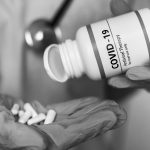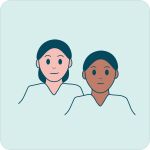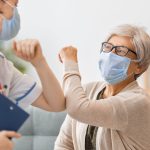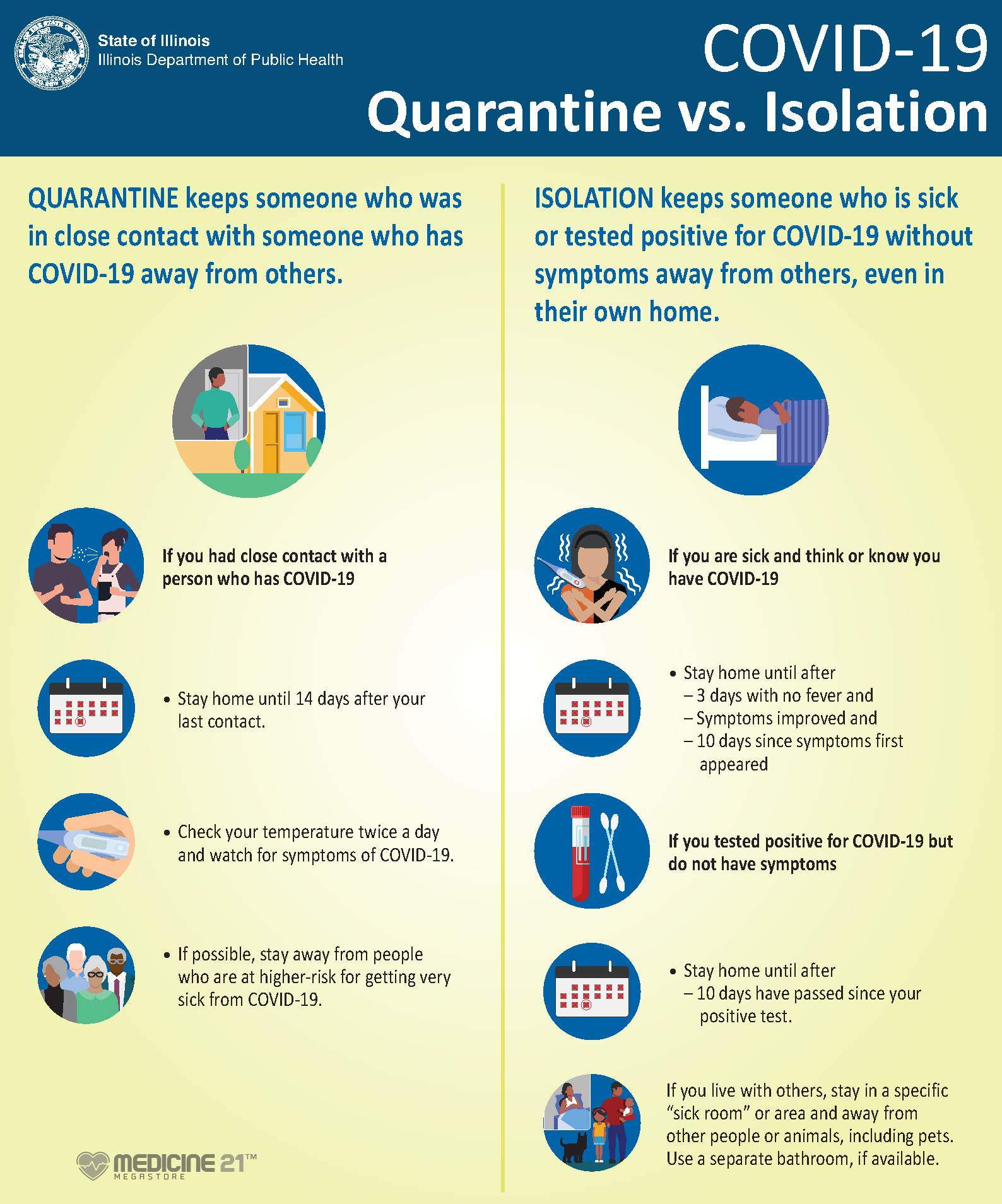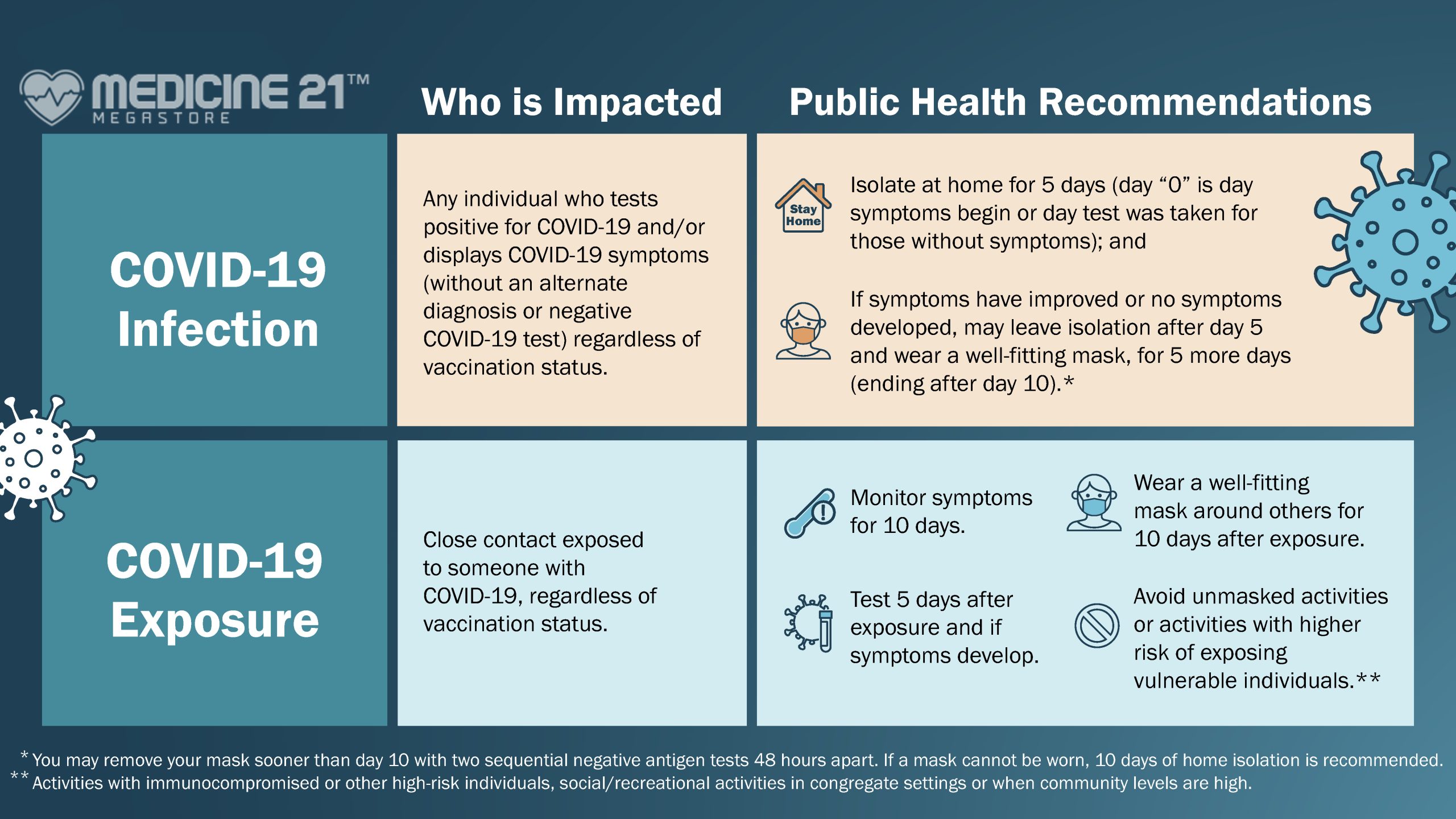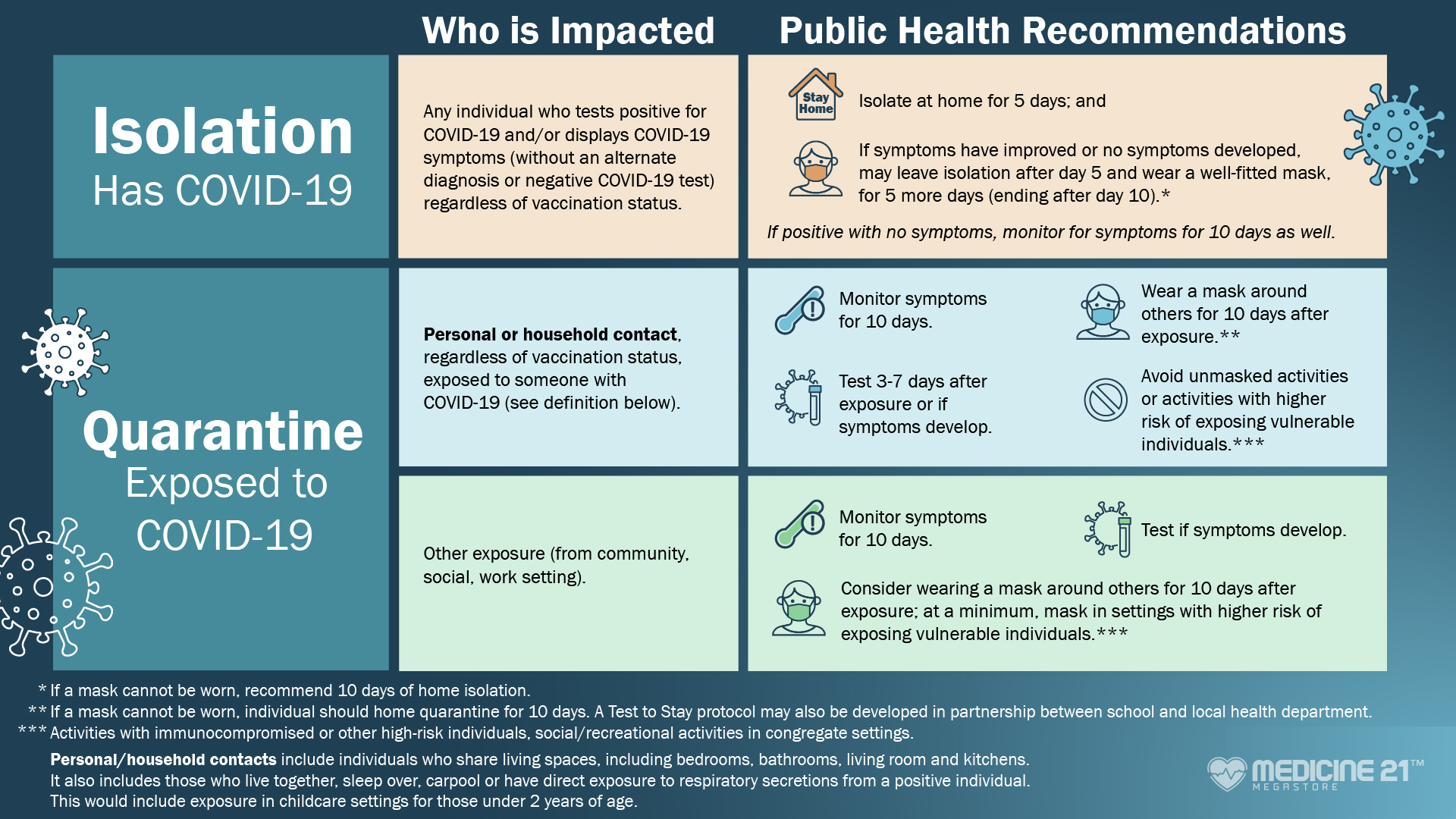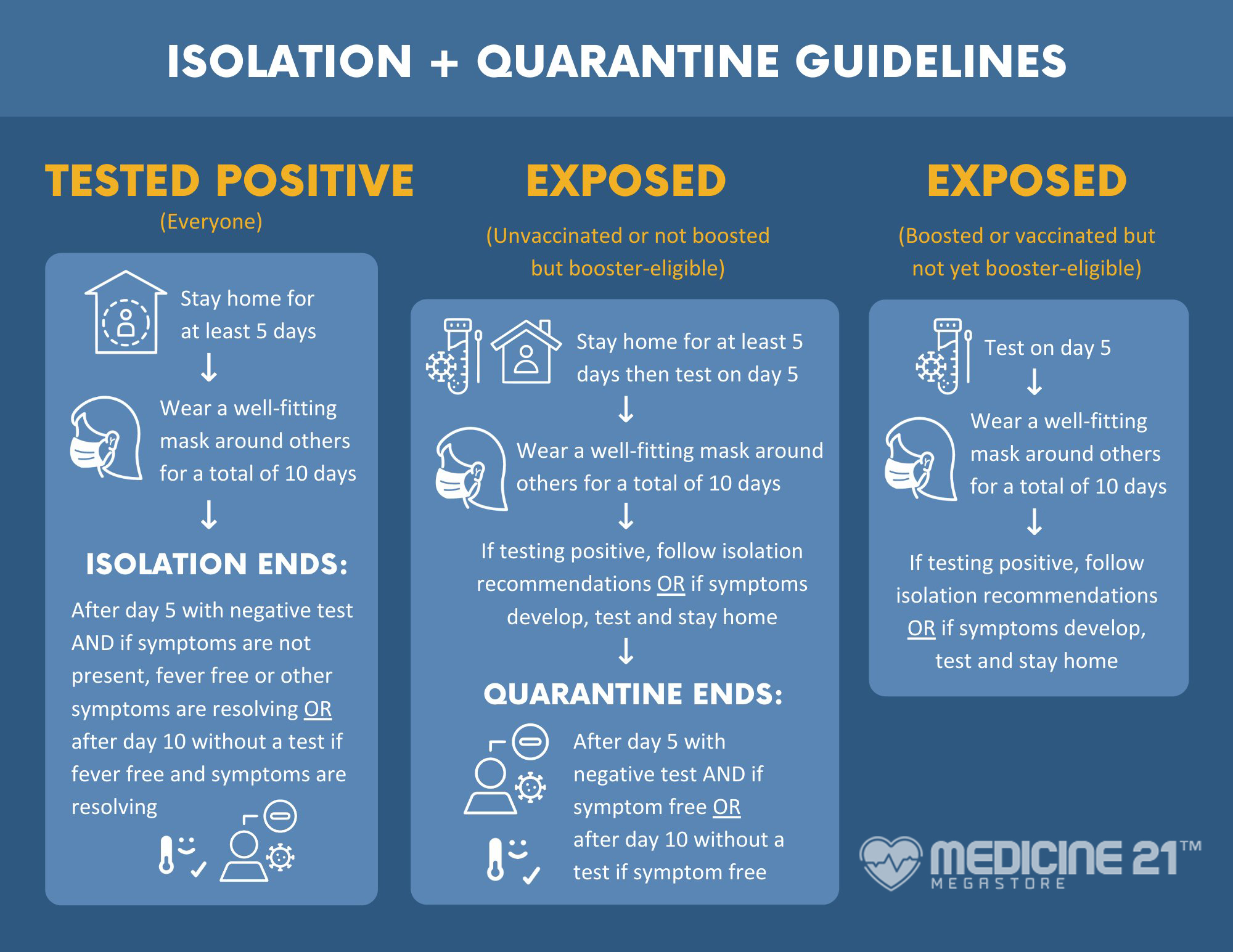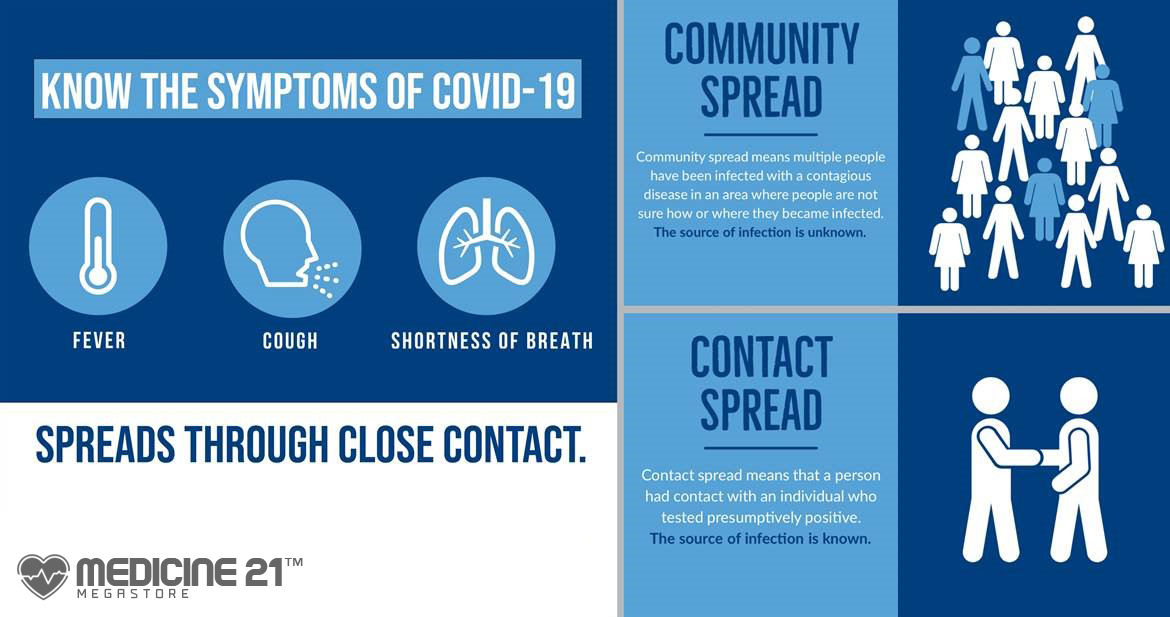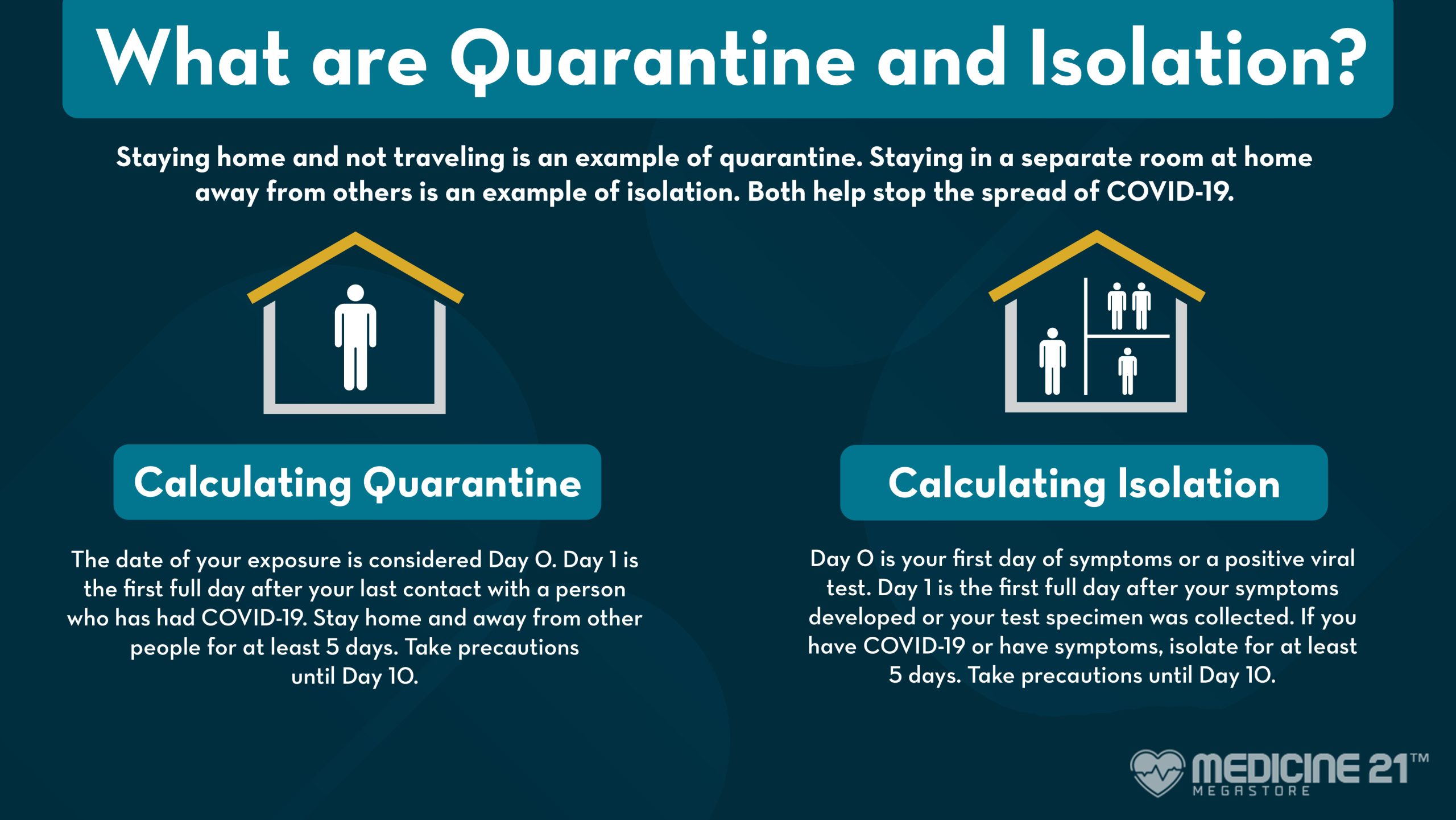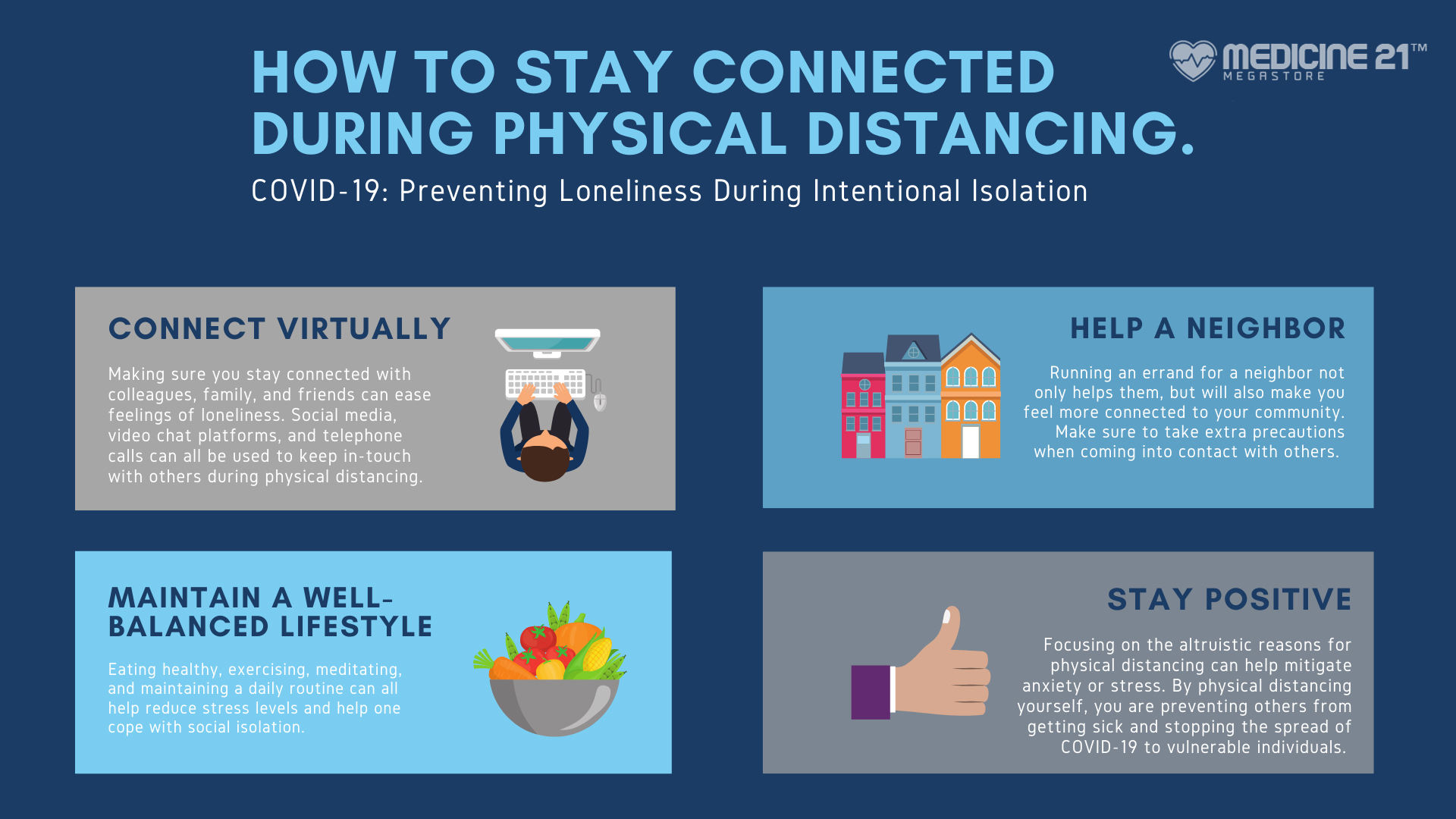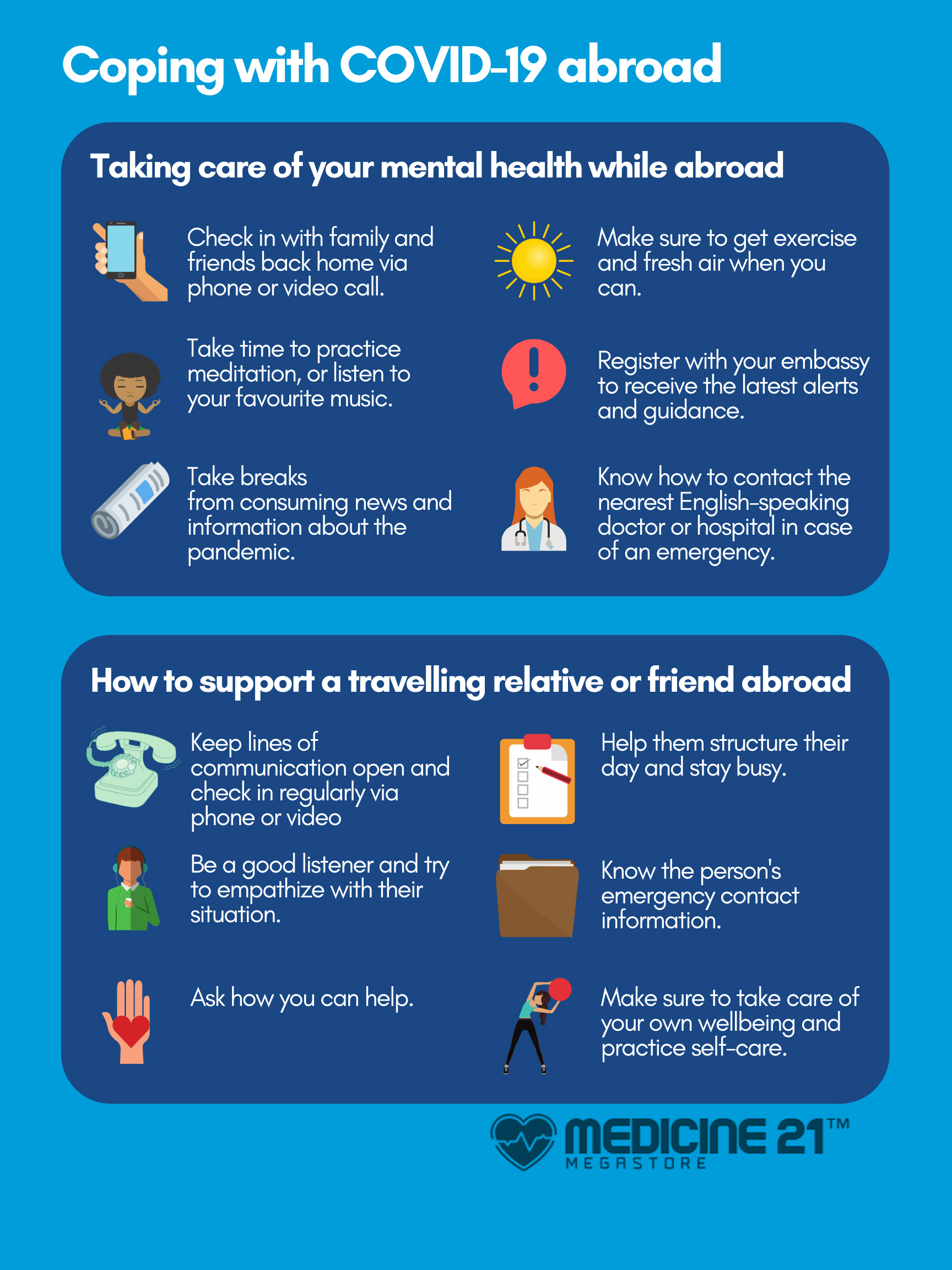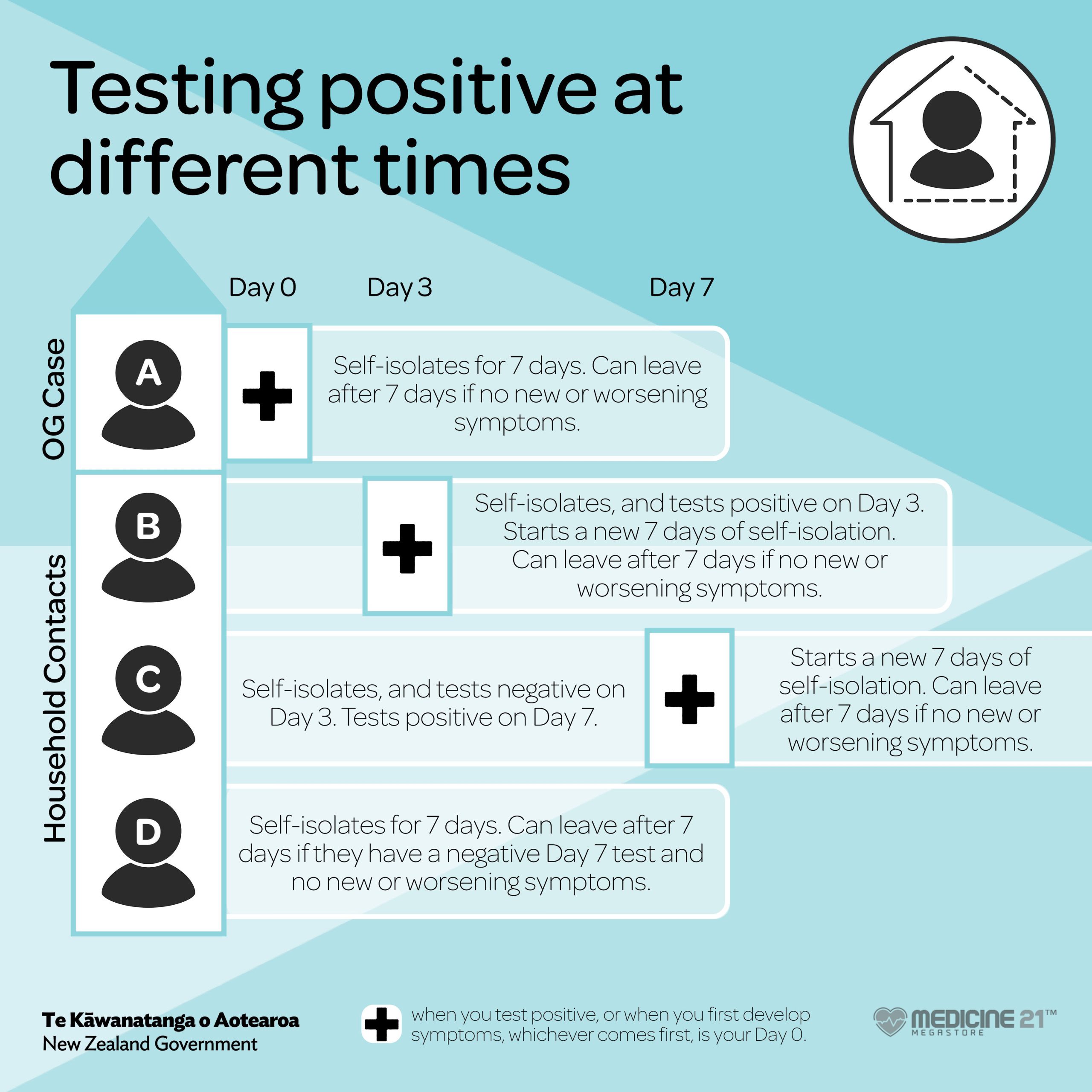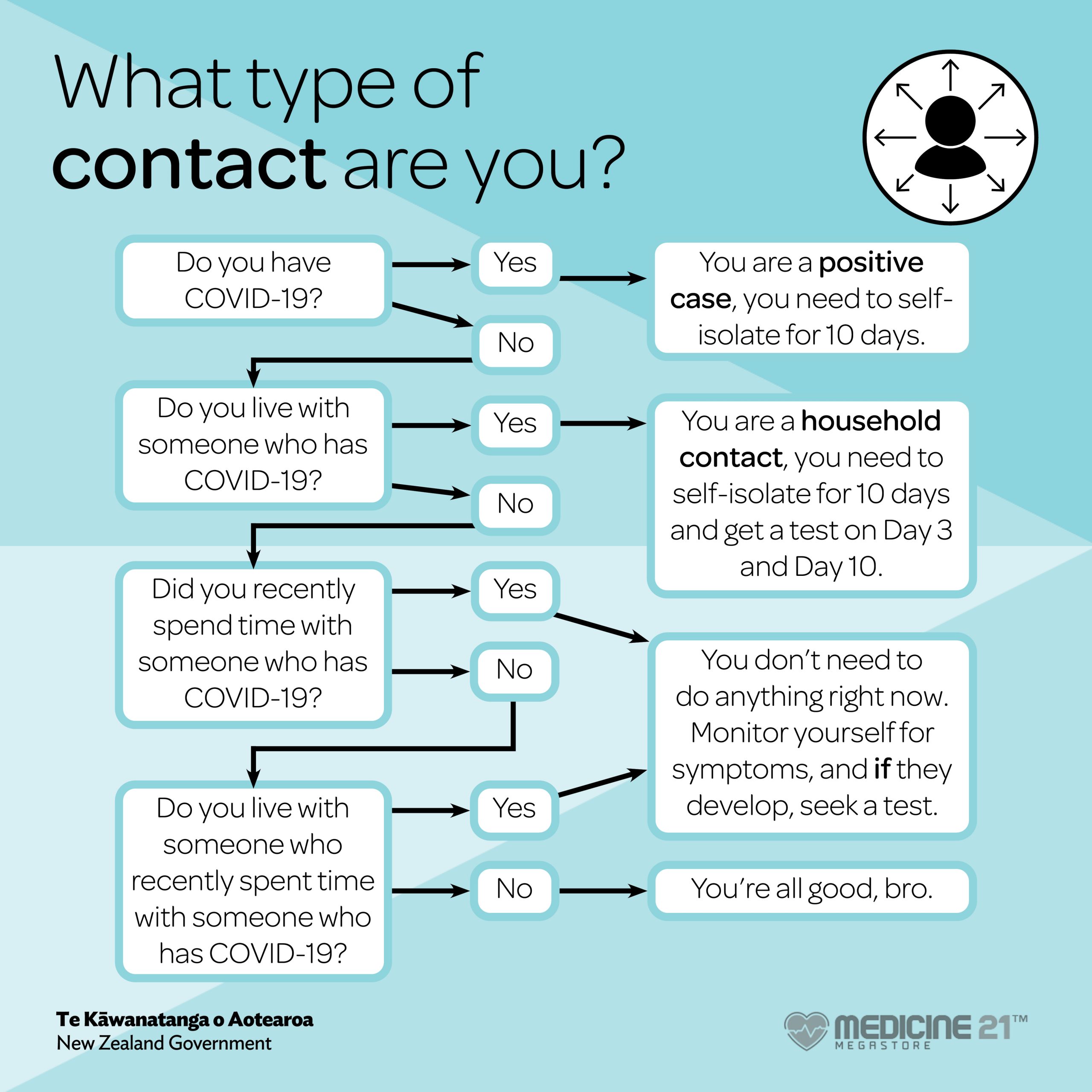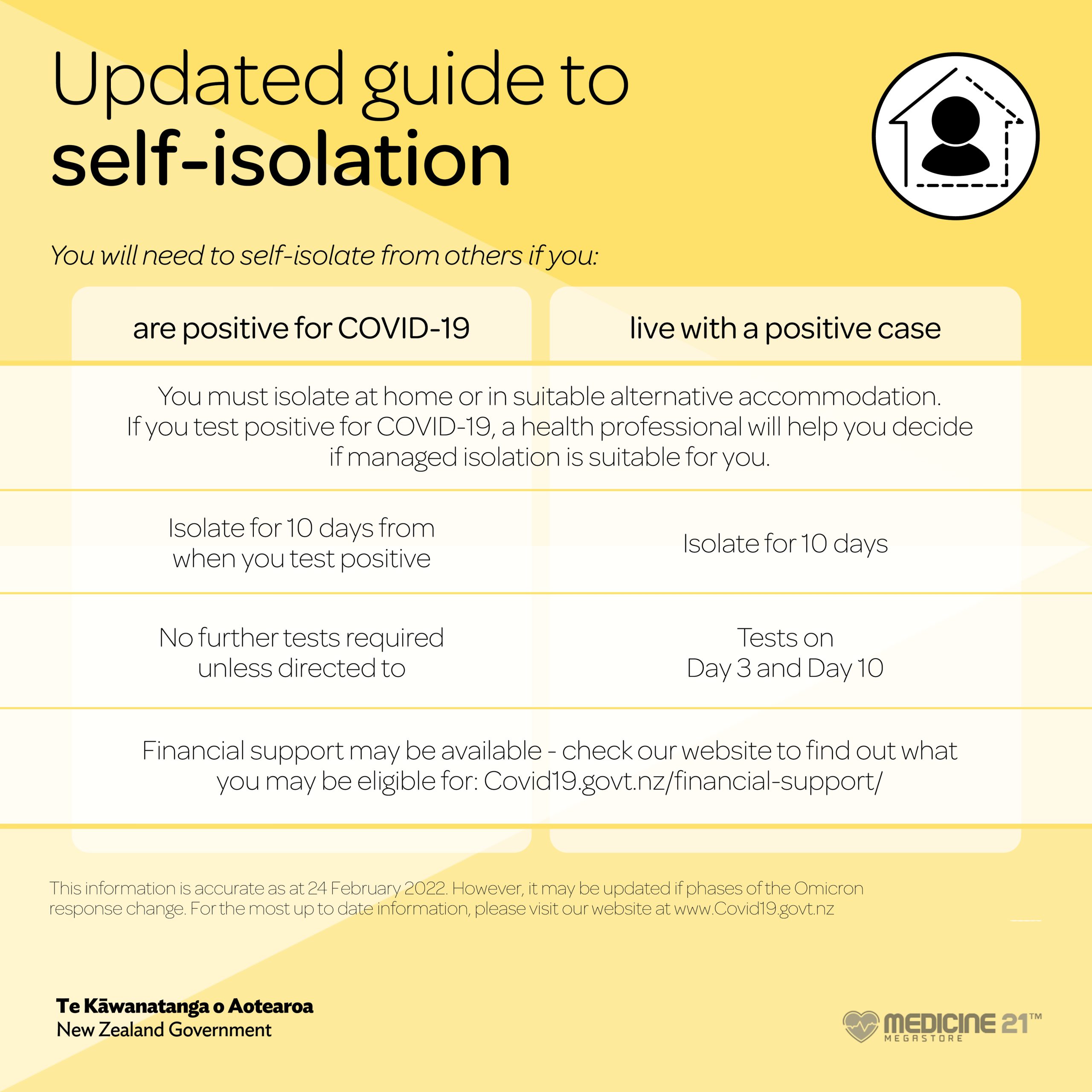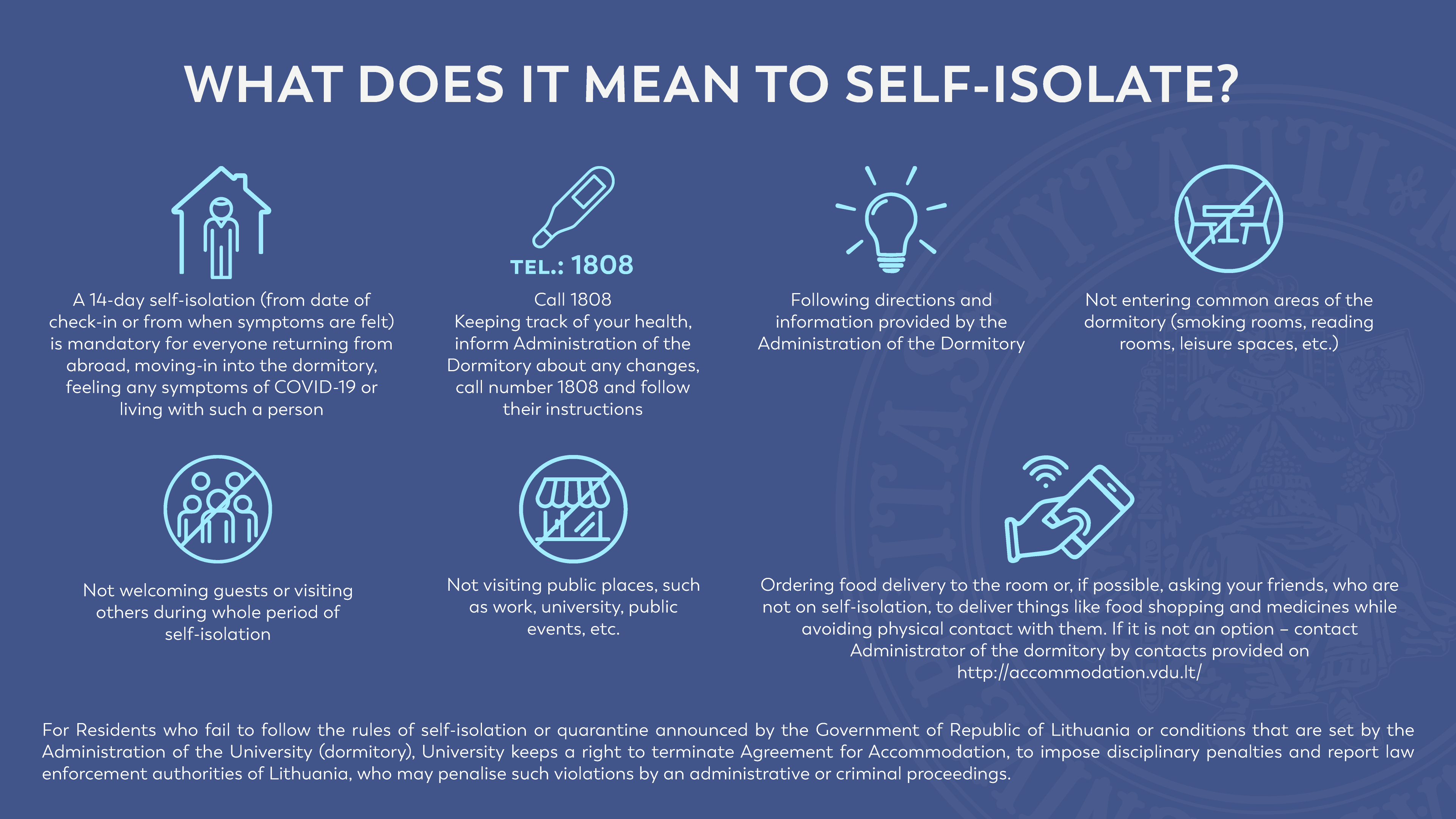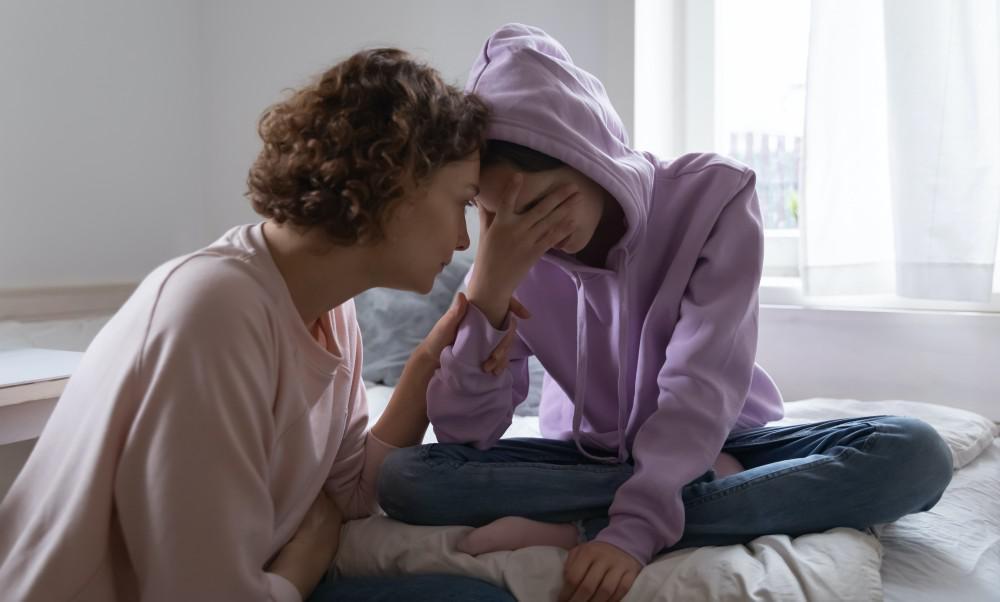
Should I stay at home if I have COVID-19?
If you have COVID-19, you should stay at home until your acute symptoms have gone. Acute symptoms include fever, sore throat, runny nose and cough.
Isolation for people with COVID-19 is no longer mandatory but it is still strongly recommended.
You should still go to any routine medical appointments, tests or procedures. Tell your healthcare provider that you have COVID-19 before your visit. In some cases, you might be able to arrange a telehealth appointment instead.
Do not visit people at high risk of severe illness, anyone in hospital or anyone at an aged-care centre or disability-care centre for at least 7 days and until your symptoms have gone. If you work in a high-risk place, you may have to stay away from your workplace for longer.
For how long am I infectious?
If you have COVID-19, you can still pass on the illness from 48 hours before your symptoms develop.
You may still be infectious for as long as you have acute respiratory or flu-like symptoms, including fever, cough, shortness of breath, runny nose and sore throat.
When will I recover?
Most people with COVID-19 will have a mild illness, and some may recover in days, some in weeks; for others, it could be months.
Symptoms in children and babies are milder than those in adults, and some infected kids may not show any signs of being unwell.
People who experience more serious illness may take weeks to recover. Symptoms may continue for several weeks after infection. Some people may develop long-term health problems caused by COVID-19.
Can I go shopping if I have COVID-19?
If you have COVID-19, it’s strongly recommended that you stay at home until your symptoms have resolved. Where possible, ask friends, family or neighbours to get essential supplies for you. They should drop items at your door, and not enter your home.
If you don’t have family, friends or neighbours to get you essential supplies, consider buying groceries online.
Learn more about getting food, medicine and other essentials while you’re isolating.
When can I start exercising again?
Exercise plays an important role in COVID-19 recovery. If you’re recovering from moderate or severe illness, you should speak with your healthcare provider before exercising again.
If you feel like you need to stop exercising or if you have any of the following symptoms, stop immediately and contact a healthcare provider:
- unexpected breathlessness
- chest pain or palpitations — if you experience severe central crushing chest pain lasting more than 10 minutes, call triple zero (000)
- signs of blood clotting, such as swollen calves
If you have any concerns about exercising again, speak to a GP or other healthcare provider.
Learn more about long-term complications from COVID-19 infection.
Can I get COVID-19 again after recovering
Yes — it is possible to get COVID-19 again after you recover. Even if you recently had COVID-19, you should test again if you get new symptoms.
However, sometimes people can get a positive COVID-19 test result even though they no longer have COVID-19. This is because people recovering from COVID-19 may still have cells in their body that release the virus into the environment through breathing, sneezing or coughing, or through their faeces and urine. This is called ‘viral shedding’.
After recovering from COVID-19, some people can have non-infectious fragments of the virus left in their bodies for some time.

